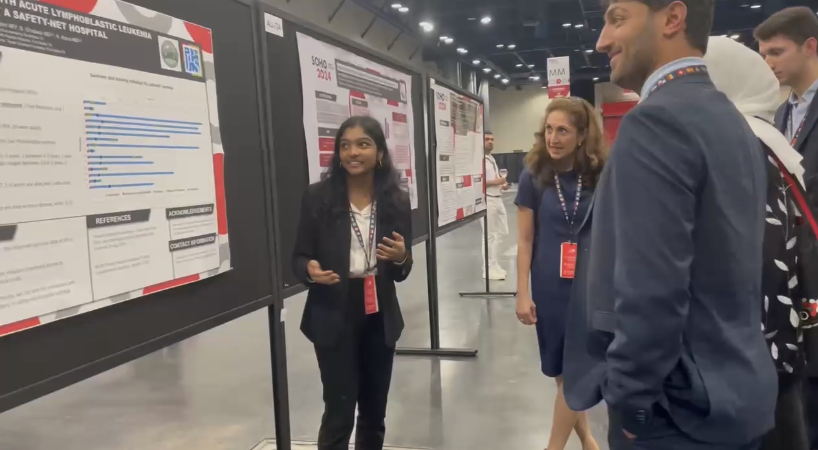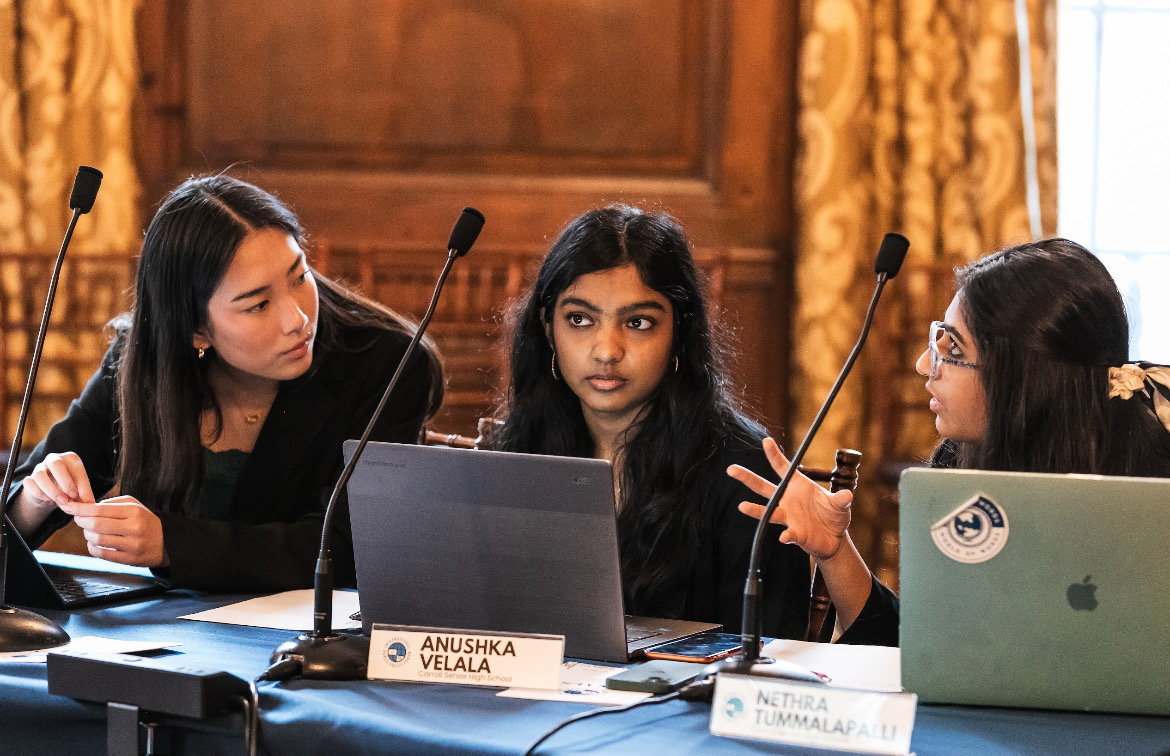Meet Anushka Velala
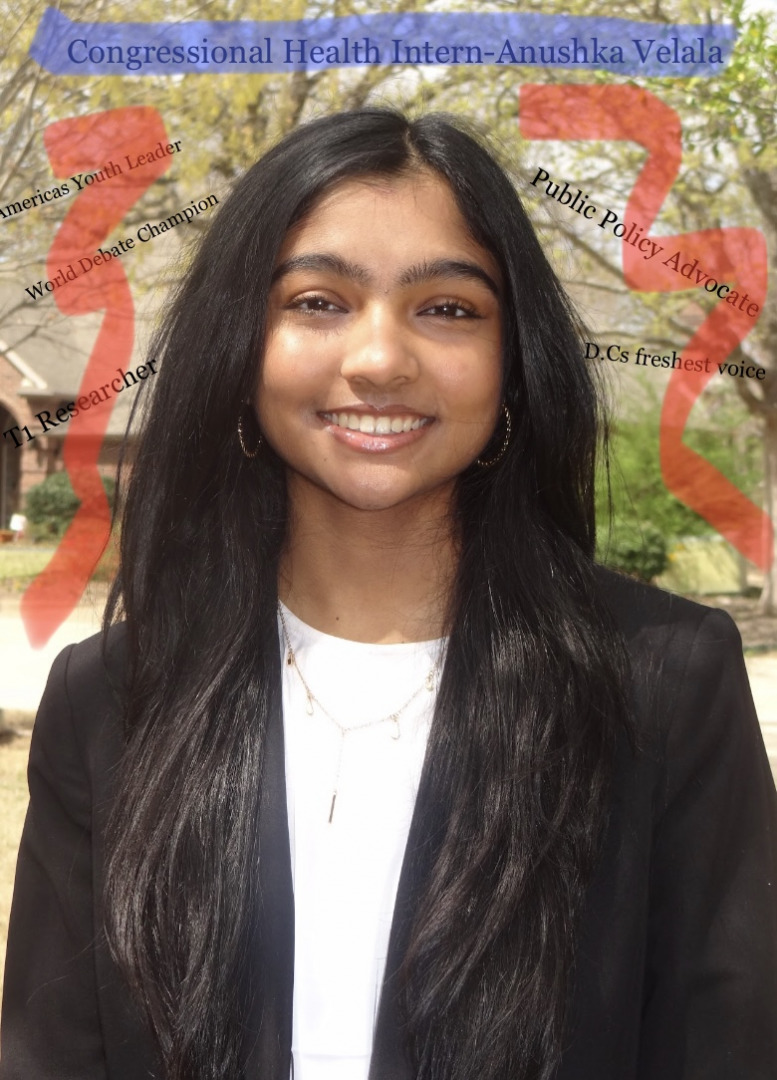

We had the good fortune of connecting with Anushka Velala and we’ve shared our conversation below.
Hi Anushka, how do you think about risk?
I think of risks not as a danger, rather as an opportunity to create change. It’s definitely easier said than done, but my logic is that a finite amount of time exists. Given this fact, we might as well use this time to better systems and uplift people rather than being scared of a new reality. Fear stops change, so if given the choice it’s always better to ask those questions and attempt to make changes. Unless something changes about the way something is being done, then we can’t just expect systemic equity to just occur. Therefore, risks need to be taken. Whether it’s medical research or advocating for policies, trials need to occur. Failure needs to be accepted, and progress needs to be fought for. As a healthcare accessibility advocate myself, taking risks is inherent to the job. Whenever I work on legislation there is a lot on the line. Everyday there are decisions to be made about whether we continue lobbying after one senator or rewrite sections of policy with the risk of angering corporations. It can be disheartening at times, but I’ve worked on many healthcare bills that were just slivers of a percentage away from being passed. Many times fellow congressional interns, advocates, and analysts work for months and months on end just for a bill to not even make it to voting because of docket limits. It can be a frustrating process at times, but every attempt made to increase accessibility makes healthcare more equitable in America, pushing advocacy efforts forward.
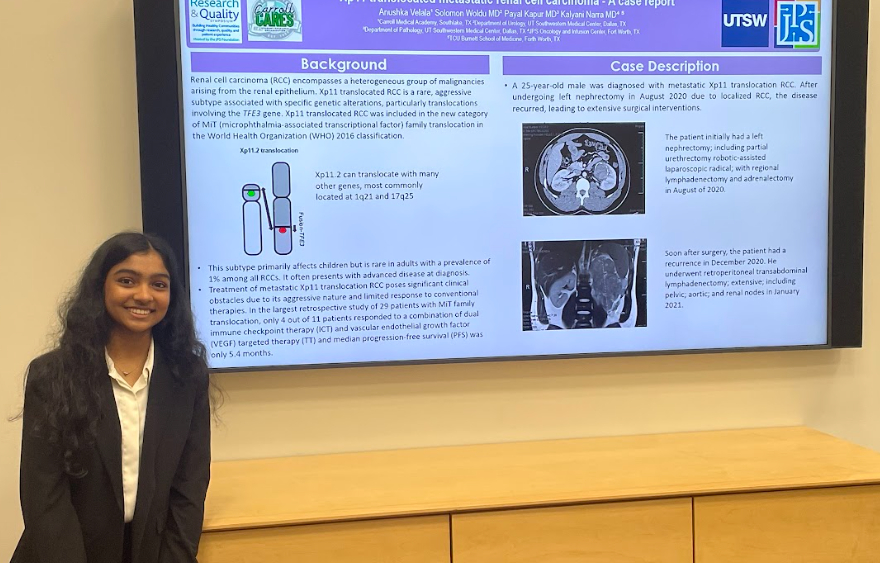
Can you open up a bit about your work and career? We’re big fans and we’d love for our community to learn more about your work.
So in my professional life, I’m a public health advocate, researcher, and policy writer. Whether it’s presenting my research at conferences, serving on mental health boards, or working with senators, where my perspective differs is my blending of disciplines. I think a huge problem in healthcare is doctors having their own concerns, big pharma having their own incentives, and more often than not policy writers aren’t able to bridge this communication gap between those who work in the healthcare industry, average patients, and our healthcare funders. That’s why a lot of my advocacy efforts are focused on increasing communication and transparency between all elements of America’s healthcare system. I’m excited because right now many state legislatures are starting their sessions so hopefully some equitable bills can be passed! So I initially got interested in healthcare advocacy when I was about 10 years old which I know is a bit of a weird interest. Anyways, as a kid I always loved reading. Whether it was current events, memoirs, or research articles, I like being knowledgeable on many matters. During COVID like many kids across the nation I was feeling pretty bored, so I decided to make a website where I would analyze current events. What started as a little side quest, quickly became pivotal in my life. COVID made me super interested in our healthcare system and how sustainable it really was. So as I wrote about this online, I started to want to be the change maker rather than the one reporting about it. That’s when I started to reach out to policymakers and researchers, and I basically kept consistent and worked my way into having more influence on policy. I think the biggest challenge of my career, but also the best part of my career, is the challenges of adaptability. Sometimes I think I locked down a sponsor but I didn’t. Sometimes I think my code will work, and then it doesn’t. What I do requires a lot of patience and passion. The reason why I’ve been able to be relatively successful is because I have these two traits. The biggest lesson I’ve learned throughout my journey has been to never forget the reason behind everything. What may be one bill, is the one thing that changes the lives of thousands. What may be one research study can lead to the breakthrough of historic innovations. Every action and bit of change matters, so I would say to never forget the value of work done. Leadership, being the smartest, or working the most doesn’t matter in so far that the people it was meant to help aren’t being uplifted. I say never forget the voices of our society, or soon society will be voiceless. As policy progresses it is essential to remember the voices we fight for each day.
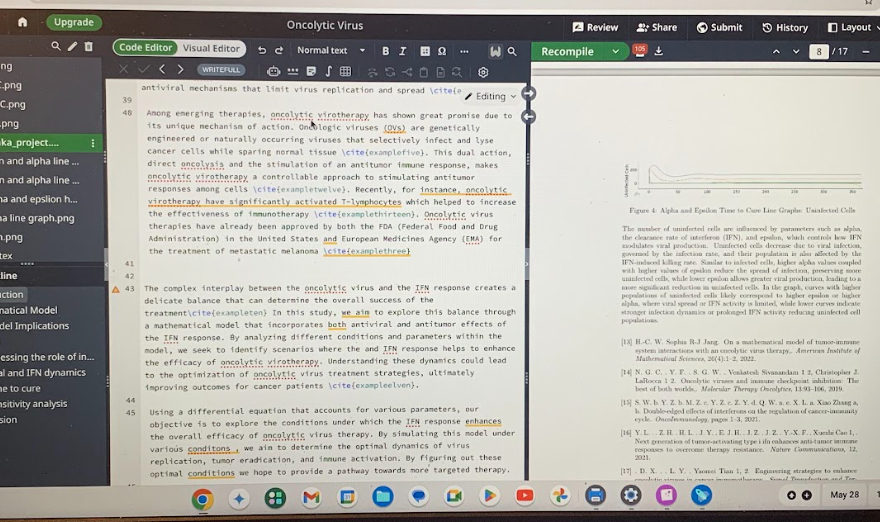
Any places to eat or things to do that you can share with our readers? If they have a friend visiting town, what are some spots they could take them to?
If my best friend were visiting for a week, I’d make sure they experienced the perfect mix of suburban life and city adventure, and everything that makes the DFW area feel like home. We’d kick things off in Southlake by going for a run on Horseshoe trail, and then we would explore Southlake Town Square and go shopping for a bit. We’d grab lunch at Torchy’s tacos, and then unwind at Bicentennial Park with a walk or a game of tennis. For dinner, we would head to Irving for some solid Punjabi food at Urban Tadka and then finish the night with Indian ice cream. Over the next few days, we’d dive into Fort Worth’s cultural scene with a visit to the Stockyards to see the cattle drive. For one evening would be spent at the Fort Worth Botanic Garden for sunset views. Dallas would be our next stop for a full day—we would eat somewhere in Highland Park and then we would explore the Perot Museum of Nature and Science (because yes, it’s fun), and maybe swing by Reunion Tower. On Sunday, I’d squeeze in a farmer’s market trip in Dallas, then go to a flea market in the area. I would end it off by seeing the JFK museum because how can you go to Dallas and not see it. Overall, the trip would show the most iconic parts of DFW, while also being very fun!

Shoutout is all about shouting out others who you feel deserve additional recognition and exposure. Who would you like to shoutout?
I attribute a lot of my work towards my family. They have always supported me in all my endeavors, and they believed in me even when I was unsure. They helped me cultivate an optimistic attitude towards life, and they always encouraged me to follow my passions. Additionally, I truly want to thank the entire advocacy community. To all the grassroot movements, co-sponsors, or researchers, the decades of tireless work put in has enabled us to even get policy started. Whether it is my colleagues in D.C or other youth advocates that I’ve met, they all taught me the ins and outs of policy writing and research so I’m so grateful to have such compassionate and knowledgeable mentors.
Other: anushka.velala@gmail.com
